Published by DailyFT
- Claims requirement for proactive disclosure largely ignored in 2022 and 2023
Despite the Right to Information (RTI) Act’s proactive disclosure requirement, only 18% and 25% of information required to be disclosed on large-scale infrastructure projects were proactively disclosed online in 2022 and 2023 respectively, according to Verité Research.
Moreover, the information, when available online, was mostly available in English – even though the RTI Act mandates disclosure in Sinhala and Tamil, with English required only if feasible. In 2022, 18% of the information was available in English, but only 5% in Sinhala and 4% in Tamil.
This trend continued in 2023, where 25% was available in English, with only 8% in Sinhala and 8% in Tamil.
These findings are contained in Infrastructure Watch, a trilingual dashboard housed under Verité Research’s publicfinance.lk platform. It tracked Government compliance with the RTI Act’s proactive disclosure requirements for 60 projects worth Rs. 1.08 trillion in 2022, and 60 projects worth Rs. 2.54 trillion in 2023.The 2023 assessment’s 60 projects comprised of 37 old projects from the 2022 assessment that were ongoing, as well as 23 new projects.
The assessment period for the 60 projects in 2022 was January – April 2022 and for 60 projects in 2023 was January – April 2023. The assessment considered only the proactive disclosure of information on the websites of the responsible Ministries and line-agencies.
Section 9 of the RTI Act No. 12 of 2016 mandates the Minister responsible for an infrastructure project to disclose project information. The information should be proactively disclosed for foreign and locally funded projects exceeding $ 100,000 and Rs. 500,000 respectively, at least three months prior to commencement. The disclosures are to be made under five broad categories: project details, rationale and beneficiaries, budget and financial details, approvals and clearances, and procurements and contracts.
Sri Lanka’s large-scale infrastructure projects have been mired with allegations ranging from corruption, procurement malpractices, unreasonably high costs and negligence of negative environmental impacts. Loans undertaken to fund these projects during the past two decades have also contributed significantly to Sri Lanka’s debt burden.
Lack of transparency is a key enabler of many of the problems associated with infrastructure investments in Sri Lanka. The Right to Information (RTI) Act, brought into effect in 2016, attempted to change this by enabling public access to vital Government information and empowering citizens to hold the government accountable.
Disclosure of public procurement contracts through an online fiscal transparency platform to reduce opportunities for corruption is also a commitment Sri Lanka has made with the IMF. Yet, the assessment revealed that a significant share of critical information important to improving infrastructure governance, such as project approvals and clearances and project procurement and contracts, remain hidden from the public. The Government’s continued lack of transparency surrounding infrastructure projects therefore begs the question as to whether the Government will continue to carry out its business behind closed doors, defying legal mandates.
The details of the 60 projects tracked can be accessed by visiting https://dashboards.publicfinance.lk/infrastructure-watch/.

